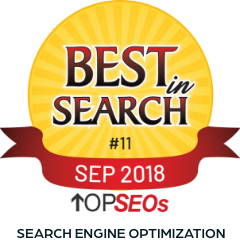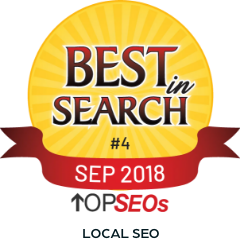
Mastering the Digital Franchise Marketing Landscape
A Complete Guide To Digital Franchise Marketing Franchise marketing is an essential component of a successful franchise operation. It involves strategically promoting and selling the
Revenue Driven For Our Clients: $22 Million +

A Complete Guide To Digital Franchise Marketing Franchise marketing is an essential component of a successful franchise operation. It involves strategically promoting and selling the

In this increasingly digital world, where businesses strive to make an impact on the internet, search engine optimization (SEO) has become a crucial component of

In today’s digital age, having a strong online presence is crucial for the success of any business. With millions of websites competing for attention, it

In today’s digital age, search engines have become an integral part of our lives. Whenever we need to find information, services, or products, we turn

In the ever-evolving landscape of search engine optimization (SEO), keyword density remains a topic of both fascination and debate. For digital marketers and content creators,

SEO, short for Search Engine Optimization, is a crucial component of any successful digital marketing strategy. It involves a set of practices that aim to

In today’s competitive digital landscape, businesses strive to secure a prominent online presence, and search engine optimization (SEO) plays a pivotal role in achieving this.

In the fast-paced digital world, having an online presence is crucial for businesses of all sizes. Search engines serve as gateways to potential customers, making

In today’s competitive online landscape, a strong online presence is crucial for businesses to achieve top rankings on search engine result pages (SERPs). SEO is
Speak With An SEO Expert Today
Stay Up-To-Date With The Latest SEO Trends & Techniques

A Complete Guide To Digital Franchise Marketing Franchise marketing is an essential component of a successful franchise operation. It involves strategically promoting and selling the

In this increasingly digital world, where businesses strive to make an impact on the internet, search engine optimization (SEO) has become a crucial component of

In today’s digital age, having a strong online presence is crucial for the success of any business. With millions of websites competing for attention, it




